Last Updated: 07/05/2025
Caring for Your Dog with Cancer
Has your dog been diagnosed with cancer? Learn about cancer in dogs and how you can best care for them.
Author: Dr Nicole du Plessis BVSc (Hons)
Reading Time: 5 minutes - short read
It is the news that no owner wants to hear, your dog has cancer. It is an emotional time for the whole family and there is so much to process. Your veterinarian will have given you many treatment options, but another consideration is how can I care for my dog with cancer?
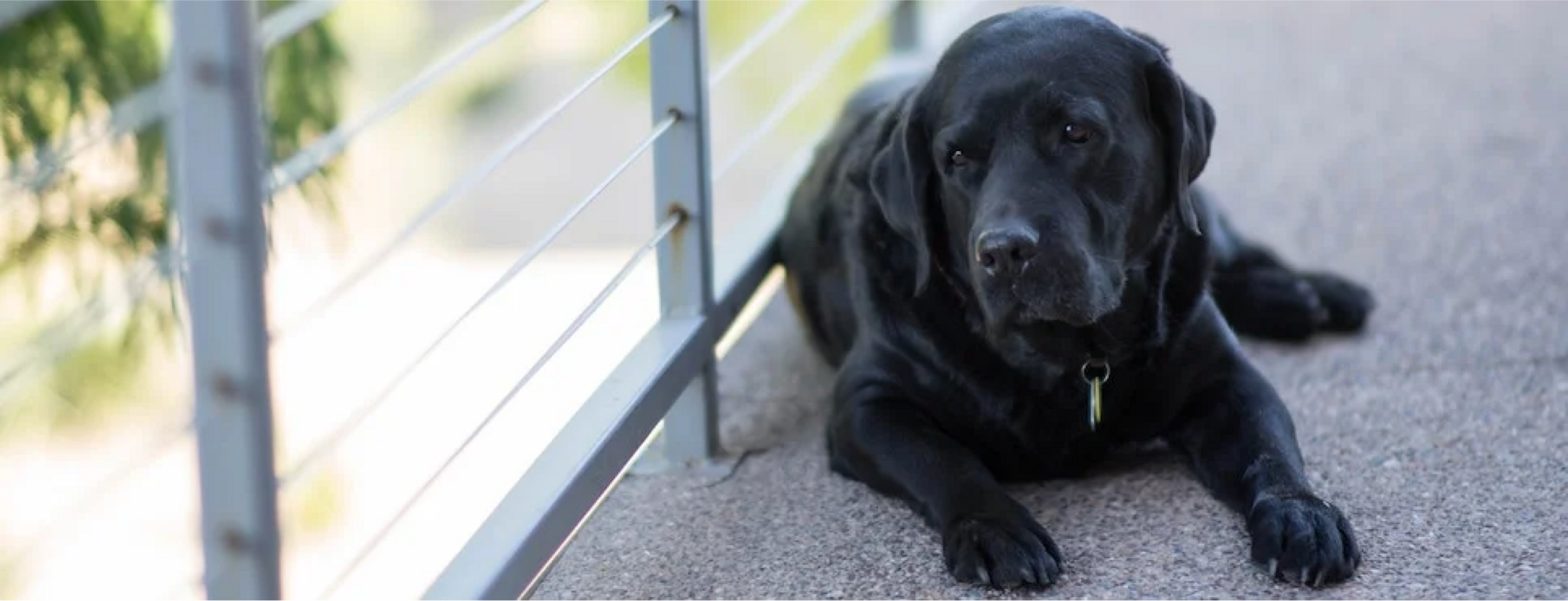
How common is cancer in dogs?
It is much more common than you think. Unfortunately, up to 1 in 3 dogs will go on to develop cancer in their lifetime. 1. Similar to people, there are many factors that will influence whether a dog will get this unfortunate diagnosis. Genetics can play a large role, an example is the Burnese Mountain Dog, which may have a Histiocytic Sarcoma cancer rate up to 25%. 1
So, why is cancer in dogs so common? There is improved pet health awareness and emphasis on the importance of nutrition, parasite prevention, routine health checks and vaccinations. Like with humans, our dogs are living longer and, as they age, their immune system becomes weaker. Cancer is also detected more frequently, not only are owners are also more cancer aware, the methods of diagnosing cancer in pets have become more sophisticated. 2
It is a sad fact that for dogs over the age of ten, cancer is the number one cause of death.2
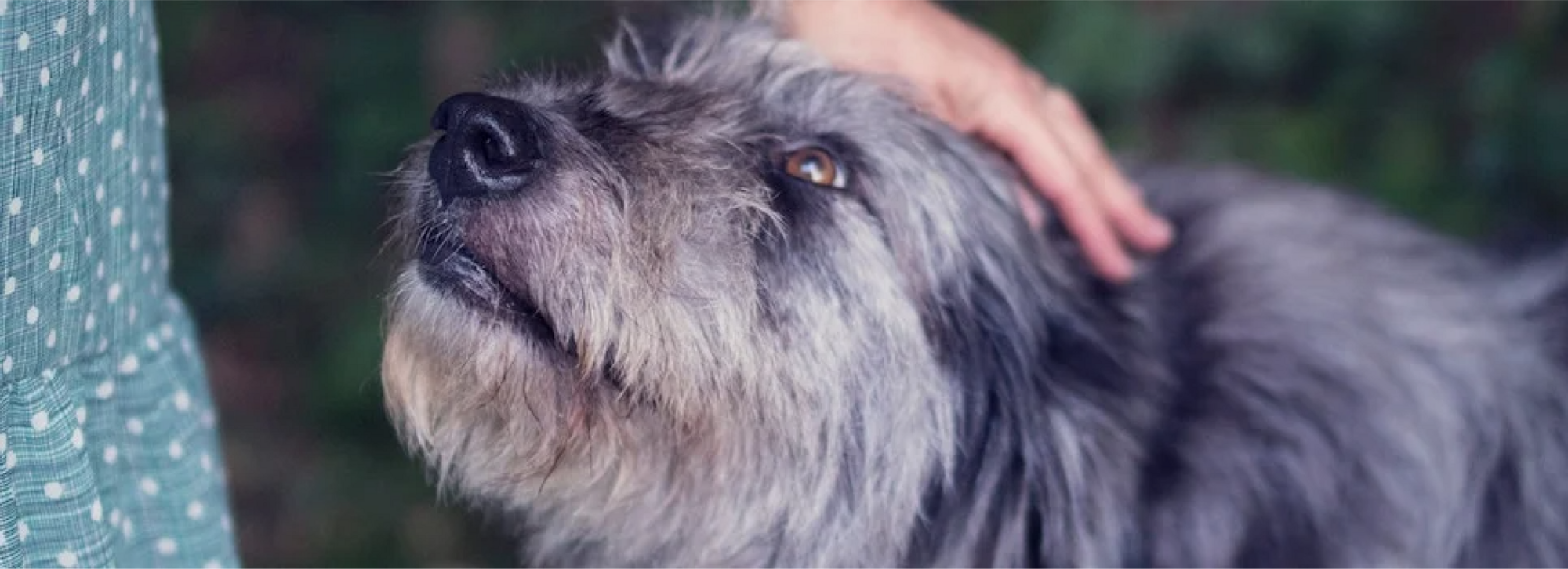
Understanding your dog's cancer
The term, 'cancer' is commonly used, but how it will affect your dog can vary greatly. It is a good idea to try and familiarise yourself with your dog's type of cancer and how it will affect each body system. This can be very complicated, but your treating veterinarian or veterinary oncologist can help walk you through the disease. Understanding the cancer's effects on your dog's body is helpful for monitoring their condition at home.
Cost of your dog's cancer treatment
The treatment will vary depending on the specific type of cancer that has been diagnosed in your dog. Curing your dog's cancer is a hopeful goal, but it is never simple or, in some instances, just not possible. Depending on the type of cancer, the treatment may be aimed towards cancer remission or extending survival time, while keeping your dog comfortable.
Common cancer treatments for dogs:


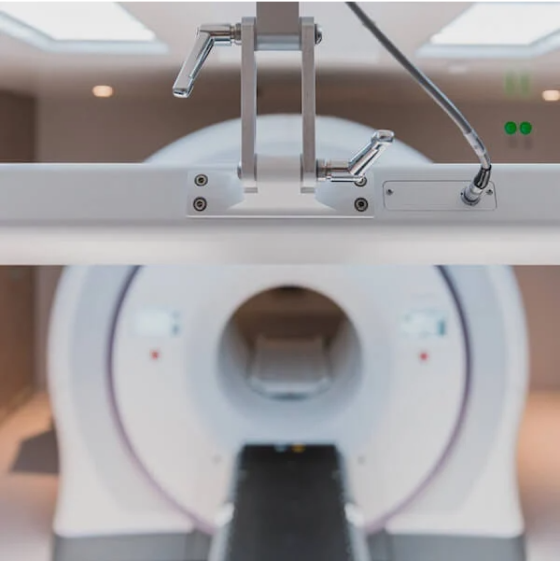
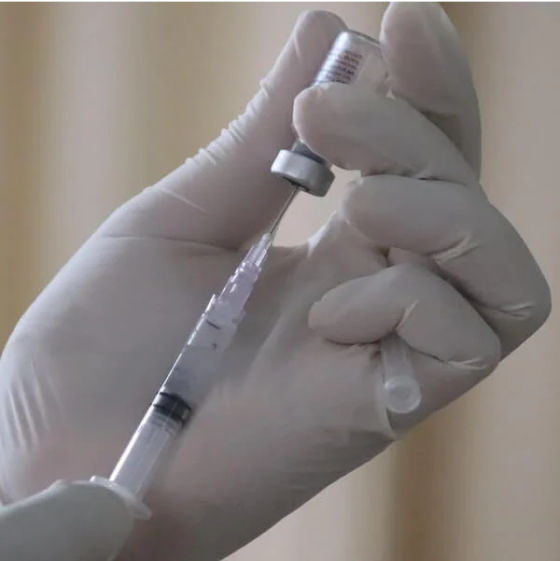
Surgery is a frequently used treatment for many types of cancer, and in some cases, can be curative. However, depending on your dog's diagnosis and prognosis, it is not always the best treatment for your pet. In some cases, a combination of treatments will give your dog the best quantity, and most importantly, quality of life. Your trusted veterinarian or veterinary oncologist who specialises in the treatment of cancers will be able to walk you through a tailored treatment plan that will best suit your dog.
Having a sick pet is not only an emotional commitment, it can also be a large financial commitment. Cancer treatment can be costly and will require many follow-up consultations and repeated diagnostic tests to monitor their condition and response to treatment.
Australia has one of the highest rates of pet ownership, yet only 6% of Australians have pet insurance! 3Some pet insurance policies will include cancer treatments as part of their coverage. This will often depend on the policy, and it is recommended that pet owners do their own independent research into whether pet insurance is a good option.

Can dogs be too old for cancer treatment?
It is a reasonable question for owners of an elderly pet, 'is my dog too old for cancer treatment?'
No, your dog is not too old for cancer treatment; it is more about the overall health of the pet and whether there are any other health conditions that could complicate cancer treatment.
There are other factors that will determine whether cancer treatment is the right thing for an elderly dog. Depending on the treatment, it can be a large financial outlay and can require multiple follow-up visits. Every family's circumstances are diferent and speaking with a veterinarian oncologist or your trusted regular veterinarian will help give you all your options for your dog.
End of life care for dog's with cancer

How do I know when my dog with cancer is suffering?
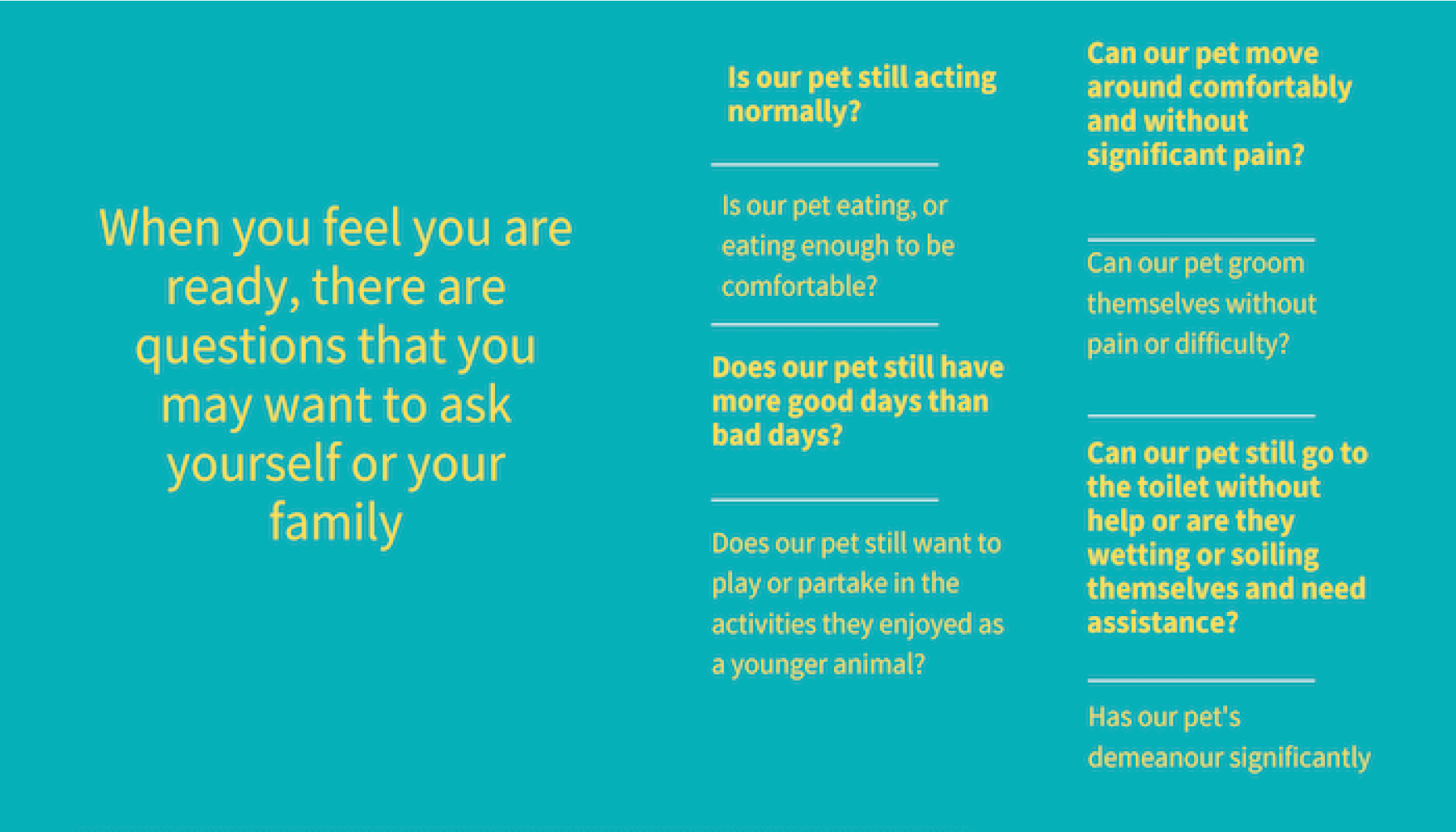
Quality of life is important for our pets. To navigate this difficult time, your trusted veterinarian can help guide you though your dog's end-of-life care. There are a number of things your vet will check during follow-up appointments, one being quality of life.
Palliation, by definition is addressing symptoms of a disease, rather than the cause. This can vary drastically depending on which cancer has been diagnosed in your dog. Different types of cancer will affect your dog's body systems differently. Side effects of some cancers, like pain and nausea, are important to be controlled adequately. This can be more difficult as a cancer progresses.
Alongside the guidance of your treating veterinarian, the quality of life scale HHHHMM was developed by Dr. Alice Villalobos as a helpful tool to assess how your pet is coping at home. The scale looks at quality of life indicators like pain, hunger and appetite, hydration, toileting and hygiene, overall happiness, mobility and if they are having overall more good days than bad days. Importantly, it can help bring attention to whether they can be adequately addressed at home.
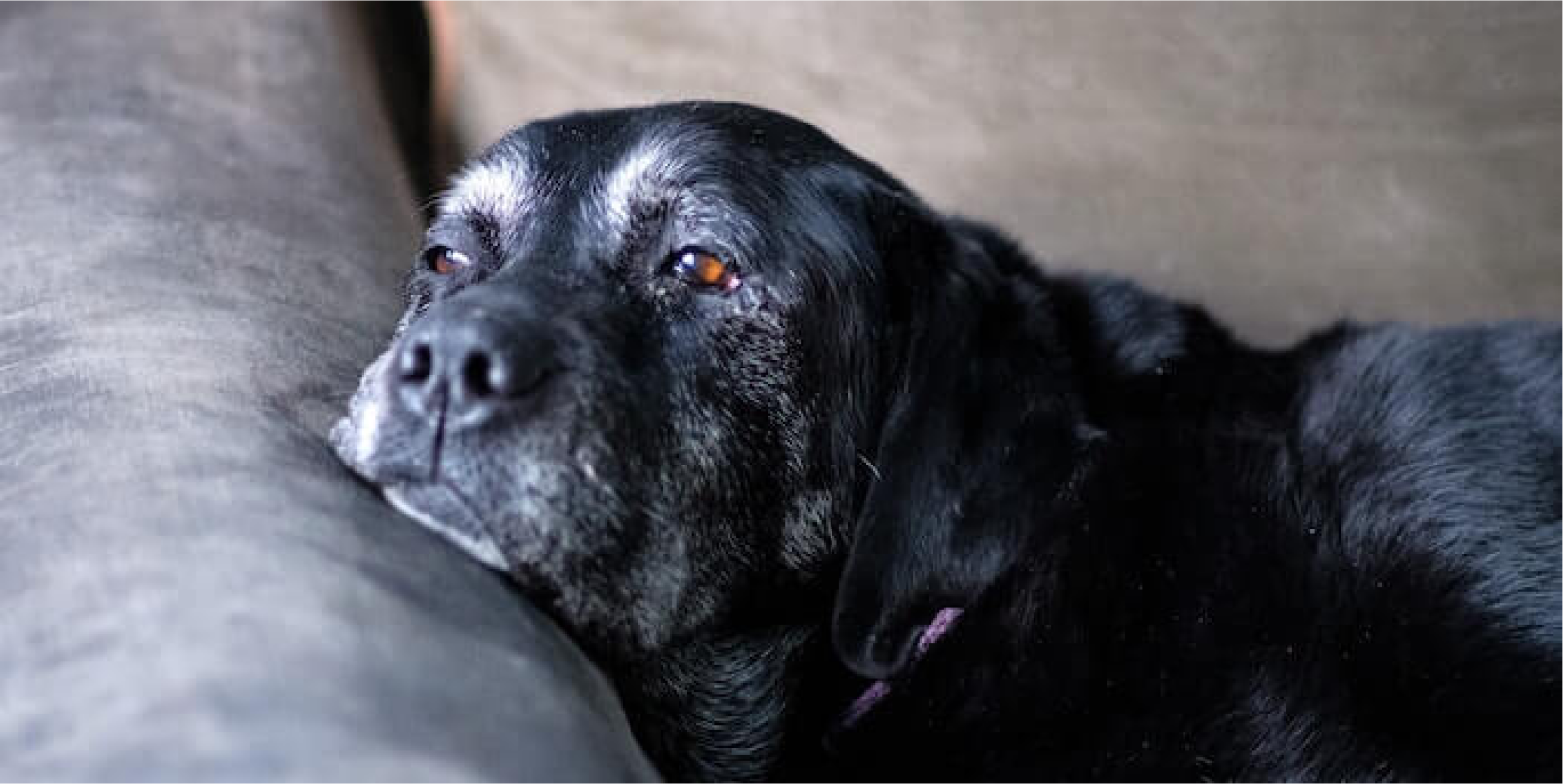
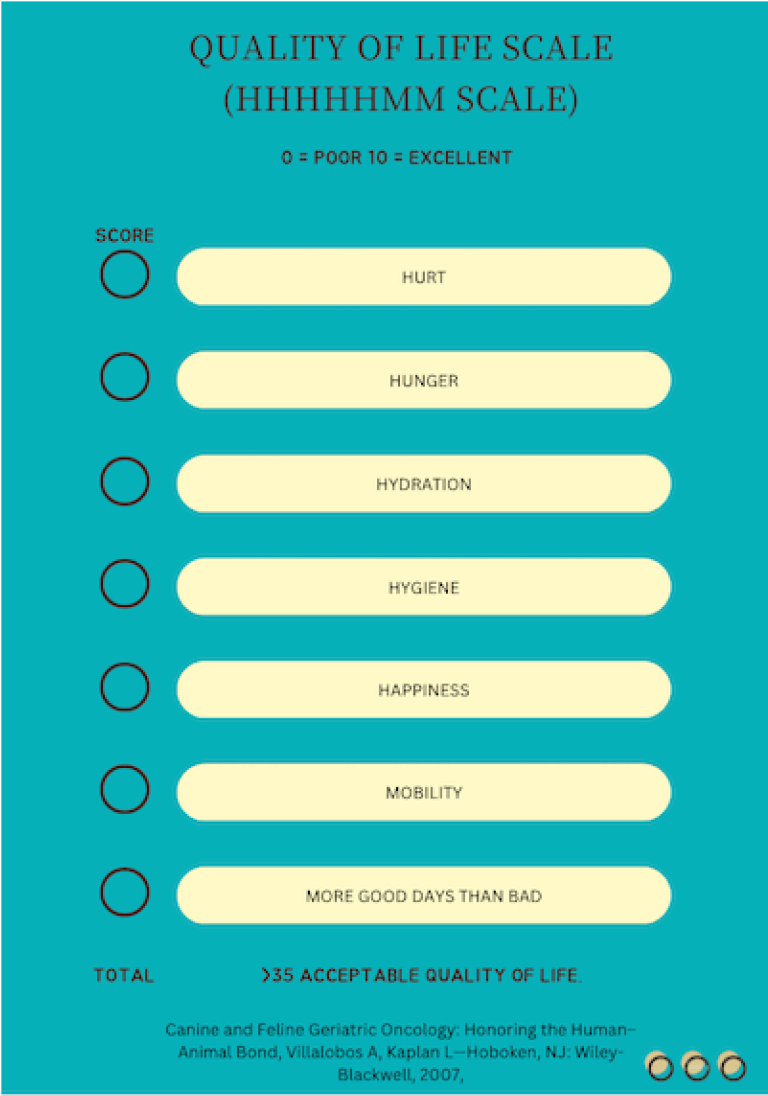
How long should I let my dog live with cancer?
It is nearly impossible to be completely objective when dealing with our own pet's health. To help you navigate this incredibly difficult situation, your veterinarian can weigh-in on whether your pet's quality of life is starting to dip into an unacceptable level.
Veterinarians have the ability to ease your pet's suffering through humane euthanasia. Ultimately, easing a pet's suffering is a difficult but important part veterinary care. There are additional questions you can ask yourself and your family when you feel your dog may be approaching the rainbow bridge.
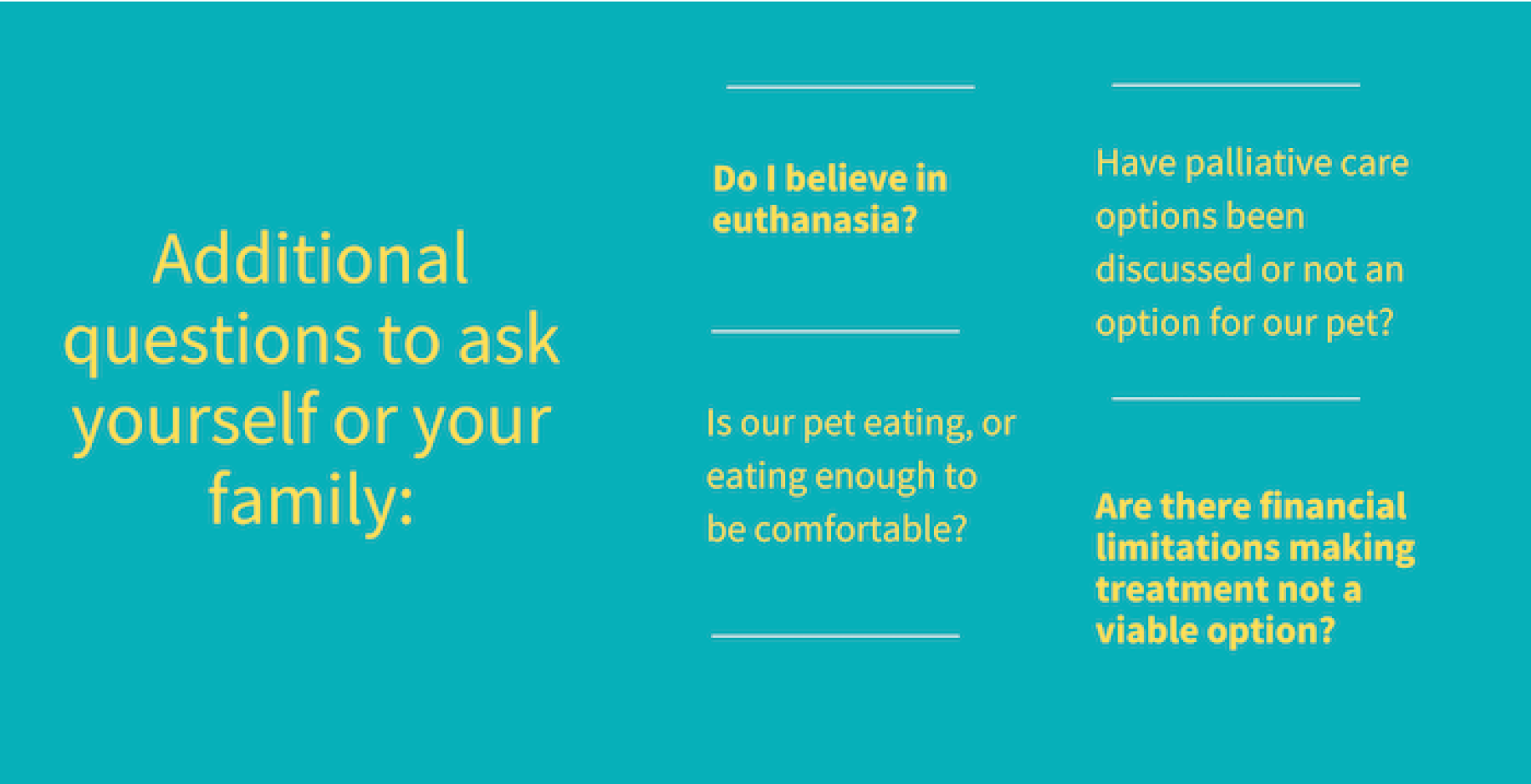
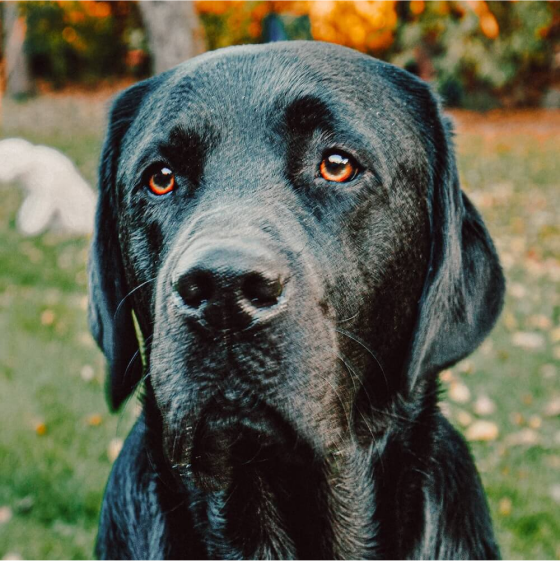
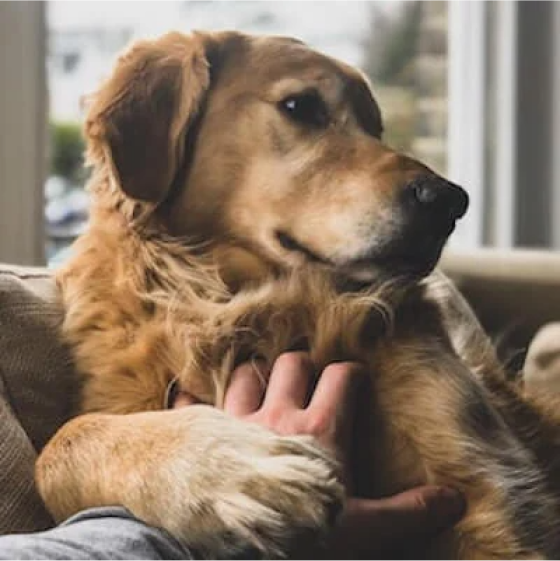

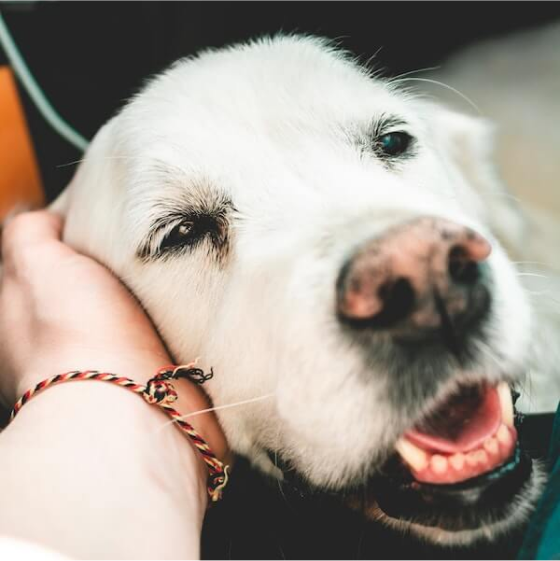
Saying goodbye can be one of the hardest things about owning a pet. It can be difficult to prepare yourself for this appointment, to read more about what to expect during a pet euthanasia, see our article When do I know when it is time to say goodbye?
There is no right or wrong way to deal with grief. Each person will cope with the loss of a pet in their own way. If you are struggling with the loss of a pet, there are trained professionals who you can turn to for help during this difficult time.

End of life care for dog's with cancer
It is a sad fact that cancer cannot always be cured. As cancer can progress slowly, it is not easy to assess pain and comfort of your dog at home. Since dogs cannot tell us what they are feeling or where it hurts, observing body language and demeanour can provide clues to how your dog is coping.

Trouble moving or posture changes

Vocalisation

Not eating or eating less

Changes in sleeping habits or restlessness

Breathing changes, excessive panting or heavy breathing

Behaviour changes, clinginess or aggression, reluctance to interact

Excessive licking where it is hurting
Observing any behaviour changes at home is useful but also highly subjective. There are pain scales to help measure an individual's pain levels on any given day. The Modified Canine/Feline Brief Pain Inventory is one example that owners can perform at home.

Massage

Pain medication

Dietary management
Part of caring for your dog with cancer includes providing emotional support and reassurance that they are not alone. You are their whole world, and you can provide more comfort to your terminally-ill dog than you realise.
"Dogs' lives are too short. Their only fault, really." â Agnes Sligh Turnbull
Further Reading
Want to read more? Check out our other articles:
Hemp and cannabis oil for your pets
References:
- Abadie,J. Hédan, B and et al. Epidemiology, Pathology, and Genetics of Histiocytic Sarcoma in the Bernese Mountain Dog Breed 2009 Jul-Aug; 100(Suppl 1): S19âS27. Cited February 2023.
- Chan, C Cancer faqs in pets. The Pet Oncologist. Cited February, 2023.
- Pet Insurance Australia. Webpage. Cited February, 2023.
- Rosanes, M. Australia's top pet insurance providers in 2022. Cited on 9th February, 2023.
Want to know more? Check out our Discover Page for more tips on keeping your pets happy and healthy.